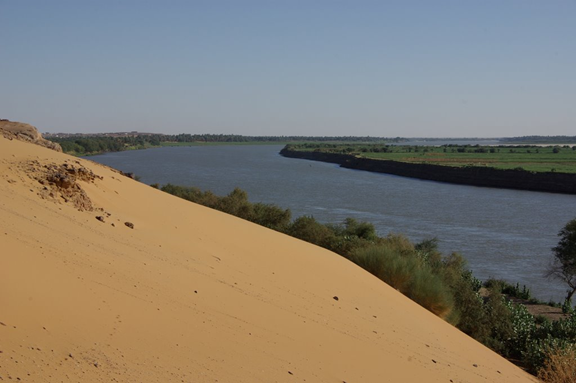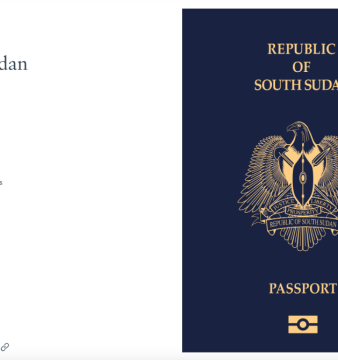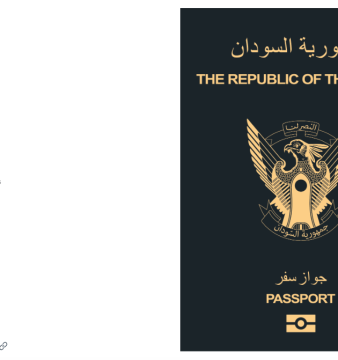A year among farmers (Part 4)

Desertification problem: during recent decades, mountains of sand have invaded farms and some region along the Nile where deserts are close to, or right on, the water; there is nothing that people can do. (Photo: Fadroug- west Abri)
In the fourth chapter of this series, Dr. Almalik ventures out to Dongola.
In “Kiahak” (December, in the farmers’ Pharaoh-Coptic calendar), the middle of wheat growing season, the region’s main crop, I traveled to Dongola, the state capital, to experience life beyond the farms.
The effect of the growing season is clear: Suzuki trucks of the local Ministry of Agriculture come and go, carrying inspectors to and from Zawarat, Korba, Gharb-Binna, Alborqaiq, Alwaha Wa-Alzahra and other major government-owned schemes. Wheat is the state’s major source of revenue, so officials in Dongola are always anxious to avoid reading headlines such as, “Dongola’s Wheat Crop Fails”.
The main market was crowded with trucks and karru (donkey-pulled carts) unloading fresh vegetables from nearby farms: tomatoes, green peppers, green peas, eggplants, carrots, okra, and molokhiya (Jews mallow). Here, vegetables are cheaper and fresher than those found in Khartoum’s markets.
Farmers visited local banks to cash checks or howalat– advance payment until the harvest time – from relatives in the city or overseas, as well as from local merchants. Then, they go to nearby stores to buy seeds, fertilizers, spare-parts, oil for pumping or growing machines, in addition to home needs and other groceries such as cooking oil, sugar, and soap. Between selling and buying, farmers might find time to sit in a café, order tea or coffee, and talk. Mujazafa and mughamara (risk) are words you’ll often hear in their conversations. Some farmers say they grow thoum (garlic), hilba (fenugreek), or shamar (fennel); these are not main crops and such require more attention, meaning that farmers might have to hire people to help in the harvest. However, these crops prove to be worth the trouble as they are quite profitable when sold. Other farmers prefer almadmoon (guaranteed [crops]) and grow the usual fool (fava beans) and wheat; they complain about the ups and downs of the harvests and the prices.
Listening to discussions like these, I felt that the region’s (and probably all Sudanese) farmers tend to avoid taking risks, probably because most farms are small, rented or individually-owned. The absence of financial or technical help from the government doesn’t help, either, added to– dare I say – the farmers’ traditional thinking.
However, I did notice some innovative thinking among some of the farmers, particularly those involved in the new agricultural schemes. University graduates who established new farms within these schemes or returned to take over their fathers’ and grandfathers’ farms are employing new farming techniques.
Another promising observation, not in my village, but in other parts of Dongola state: corporations, mostly foreign, are investing in large-scale farms. These ventures must be showing some level of success, because I overheard optimistic conversations about building tomato, orange and mango canning factories.
But not all the conversations between farmers in Dongola’s cafes were optimistic; many complained about absence of, government assistance, corruption of government officials, politicians who promised and, once elected, didn’t fulfill. They were also affected by change of weather (more hot days), more crop insects and diseases, and poor soil because of repeated cultivation.
Another new problem that farmers are faced with is desertification. There have always been places in the region along the Nile where deserts and mountains are close to, or right on, the water. But during recent decades, mountains of sand have invaded some farms, towns and villages, forcing some farming land, agricultural schemes, schools, mosques and houses to be abandoned.
As quickly as it had begun, the day was over: pessimistic and optimistic conversations in Dongola’s cafes ended, and it was time to return to the farms. In a few few months, winter will be over and the wheat will be ready for harvest.
(To be continued)




